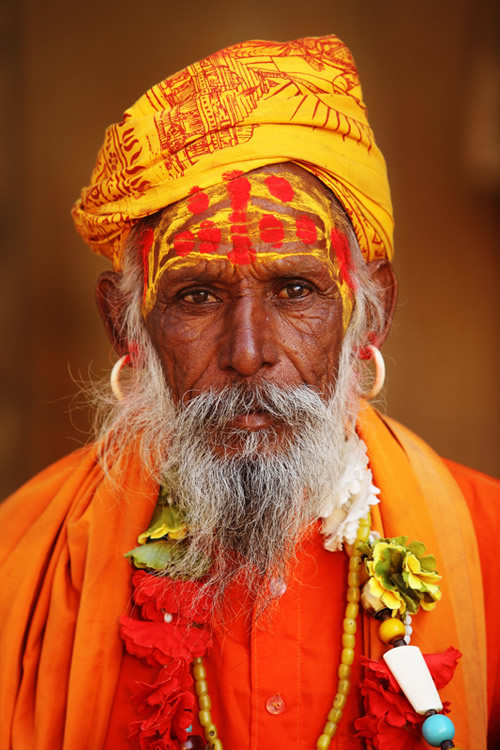Personal identity is the way you perceive yourself, this may fall under many different categories. Someone’s identity can be recognised through their qualities, beliefs, personality, looks and expression. Identity can also be created and formed by the culture or place you have grown up in. Identities are not the fixed markers people assume them to be but are instead dynamically constructed in the moment. Choices that feel identity congruent in one situation do not necessarily feel identity-congruent in another situation. This flexibility is part of what makes the self useful.
We can understand parts of someone’s identity without being told. Documents such as passports can tell us small parts of a person such as where they are from, when they were born and where they live. Physical traits can also tell us things about a person, colourful hair and clothes may indicate that they are a fun and bubbly person.



Gender identity
Identity is fluid and interchangeable, gender identity is an individual’s personal sense of having a particular gender. Nowadays, it is normal for people to question they’re gender and change from one to another if they feel they identify with the opposite gender more than they’re born identity.
Cultural identity
Cultural identity refers to identification with, or sense of belonging to, a particular group based on various cultural categories, including nationality, ethnicity, race, gender, and religion
social identity
An individual’s social identity indicates who they are in terms of the groups to which they belong. Social identity groups are usually defined by some physical, social, and mental characteristics of individuals.
Geographical identity
An individual or group’s sense of attachment to the country, region, city, or village in which they live.
political identity
Identity politics is a political approach wherein people of a particular gender, religion, race, social background, social class or other identifying factors, develop political agendas that are based upon these identities.
